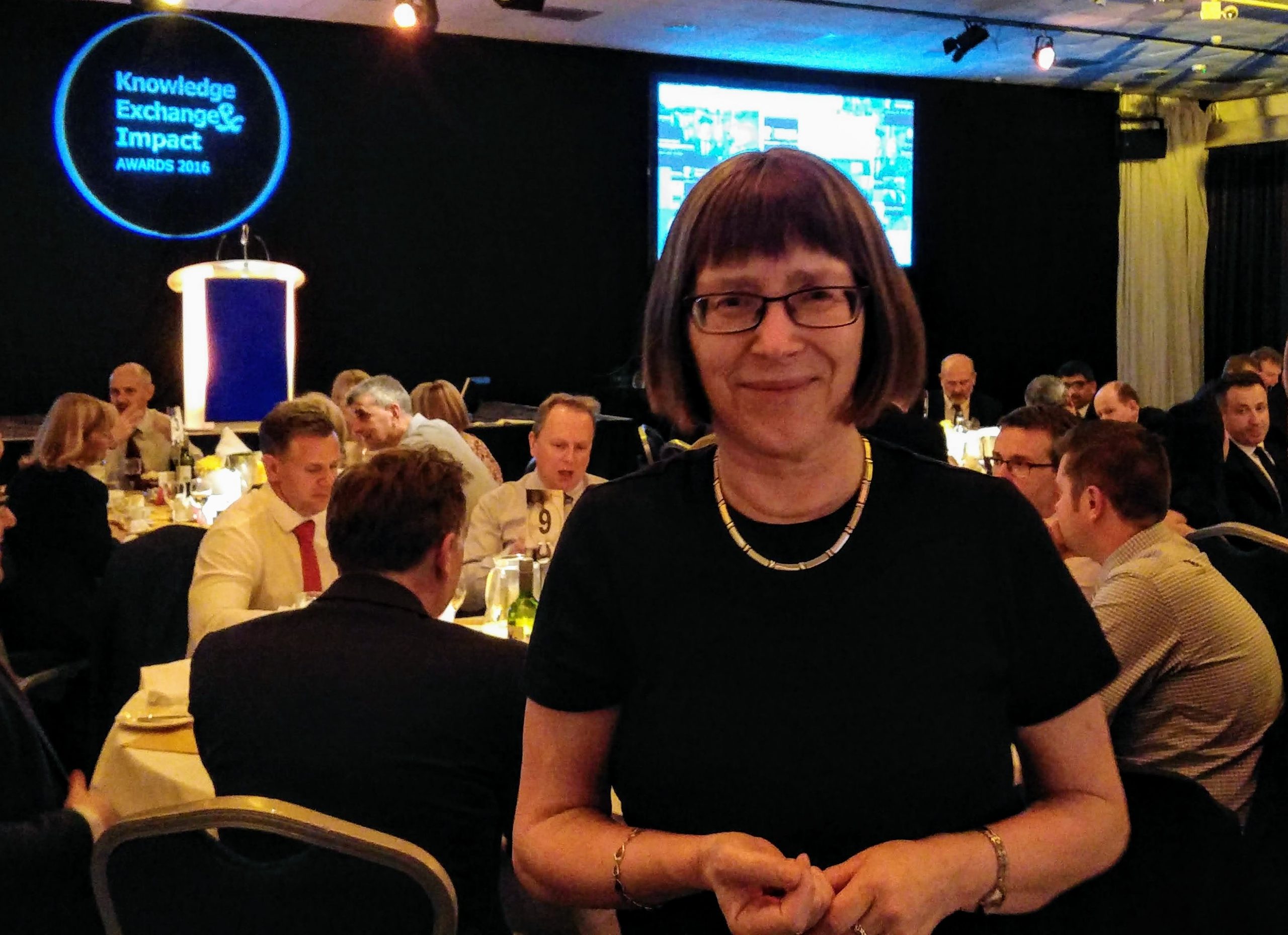
February 3, 2023, by Brigitte Nerlich
Knitting with hyperlinks: A decade of blogging
Ten years ago, I was walking down the corridor in the School of Sociology and Social Policy building, when I bumped into Adrian Mateo, who was then Faculty marketing manager. I knew him from various engagement events related to projects I was involved in at the time. We chatted a bit and he suddenly asked me whether I had heard about ‘blogging’. I looked at him aghast and said, no, what was that? He explained and suggested I should try it. I went away, sat down and wrote my first blog post at the beginning of February 2012. It was published on a faculty blog but has now disappeared into the internet ether. After that, I never quite stopped and wrote 535 posts over the last decade, between 2012 and 2022. So this is my 10 year anniversary post about my blogging!
Project blogging
I wrote my second blog post on 14 February about the long trajectory from studying the history of linguistics and being a total technophobe to blogging about science within a social science environment. That blog post appeared on a new purpose-built ‘Making Science Public’ blog as part of the University of Nottingham blogging enterprise – the blog you are now using to read my post.
We had just heard that we, a team of social scientists from the Universities of Nottingham, Sheffield and Warwick, led at the time by Paul Martin, had been successful in getting funding for a Leverhulme programme on science and politics. However, Paul left for a chair at the University of Sheffield soon after and I took over as programme lead.
In May 2012, our work on the programme started in earnest and the team and I began to focus more on making the science public project public. The blog was part of that effort. We had entitled our programme: “Making Science Public: Challenges and Opportunities”. We wanted to explore the challenges involved in making science public; making public science; making science in public….., with a particular focus on finding out how such activities may be changing the relationship between science, politics and publics and what impact this has on issues around political legitimacy, scientific authority and democratic participation.
In the context of our five-year research programme, ‘Making science public’ acquired at least three interpretations: science communication in a wider sense; science as public property (with issues of ownership and so on), and science as a public or visible enterprise (with associated issues of openness and so on). Over the time of the programme, posts by team members, of which there were about 60, focused more on the last two topics, while I veered more towards the first. There were also about 20 guest posts covering issues related to the programme.
In 2016 the blog was a finalist in the University’s Knowledge Exchange, Impact and Media awards (digital media category), but we lost out to Brady Haran’s fantastic science videos, which is not bad (see photo taken at event).
Personal blogging
In 2016 I took early retirement and Sujatha Raman took over the programme. As the team was dispersing, I made the blog my own, focusing almost entirely on science communication but not exclusively so. I also tried to stay true to the original brief of the Leverhulme Trust and wrote quite a few posts on issues related to ‘Science and Politics’. I carried on doing this, even after the programme officially ended in 2018.
Over the last ten years, a lot has happened in the world, most of it bad. So, I wrote for example about Trump and alternative facts, about Brexit and buses and of course climate change, an issue that has become ever more urgent over time.
I also used the blog to write about other projects, in particular relating to climate change, synthetic biology, nanotechnology and gene drive. I covered many other topics too, not funded by anybody, such as epigenetics, monkeypox, space exploration, history of science and science communication, science and art, science and literature, images and visualisation, artificial intelligence, Covid-19, and also explored difficult concepts used in science and technology studies (such as co-production, imaginaries, the deficit model, citizen science, impact, evidence, responsible research and innovation) and so on… I have collected most of these posts in a vaguely thematic fashion in this wakelet.
Metaphor blogging
One topic runs through almost all of my posts, and that is metaphor; how it shapes and structures, guides and also distorts, the ways we think and talk about various issues in science and society, from climate change to chatbots.
Metaphors are based on the (mental) perception of one thing through another, of seeing something as something (else). They enable us to establish bridges between the known and the unknown, the familiar and the unfamiliar, the unimaginable and the imaginable, for example between computers and viruses; genes and computers; clocks and universes, humans and machines…., for good or for ill. The visions of the world that we create through metaphors make us think in certain ways and then act on the world in ways that can be beneficial or detrimental to us, the societies we live in and the planet we live on. What is perceived as real or not real is real in its consequences.
On a personal level, I had to adapt to chronic eye problems and I wrote a bit about that with regard to ‘expertise’. I also had to muddle through breast cancer and caring responsibilities overseas. Trying to think up blog posts while all this was/is going on was/is a great help, indeed almost the only way to keep anxiety and depression at bay.
My interest in metaphors has, fortunately, never diminished. We always need to keep a watchful eye on metaphors in science and society and how they shape the ways we see the world and act on the world. There will, I hope, always be issues related to this and other science-society processes to explore in future blog posts, but I am also always open to guest posts. So, if you have an idea for a guest post, please contact me.
Image: Public domain images: blogging
No comments yet, fill out a comment to be the first

Leave a Reply